During a daze of cut classes and late nights as a junior in high school, I marathoned through Star Trek: The Original Series. The speed at which I devoured it was due to how I loved the vision of the future proposed by the show, where conflict existed but both situationally sensitive justice and respect across difference ultimately prevailed. In other words, it offered me an ideal world in the future, a utopia. Science and speculative fiction often take up utopia, as well as its antithesis in dystopia, because these genres demand complex world building and earnest social commentary to be truly successful. Star Trek did this and was considered radical for its time, but now I can recognize it is not without its faults. One huge issue, for example, is how colonialism fuels the show and even its vision of utopia. The show’s famous opening monologue, “Space: the final frontier,” functions both as an articulation of a grand vision of peace and as a self-justifying declaration of imperialism.
But how can something be inspiring in one way, yet oppressive in another? What use is an idea if it cannot be applied universally across communities differing by culture, time and space? How can I reconcile the historical significance of a text for when it was created, the long term impact of its formative ideologies, and the failures its imaginative limits did not reach?
Star Trek got me invested in these questions as a geek interested in pop culture and social justice. As I continuously form and reform my politic of love, however, I return to these same considerations for my advocacy. Admittedly, over the past two and a half years, across fifty articles, I have changed my beliefs, shifted my focus, and broadened how I imagine love. I have developed, defended, and (currently) stepped away from the language of sex positivity. There are things I wrote a year ago that I hate, and things I wrote at the very beginning that I agree with but wish I could develop a little more. And while I use myself as an example, this narrative can be easily translated to most young advocates and especially to those interested in sexuality, intimacy and love. Narratives, needs, desires, technologies and languages shift and multiply so rapidly, and it can be exhausting to keep up as we learn and grow. Even if you come in with a lot of personal experience, positionality, reflection and general knowledge,
I believe some humility is still needed because truly effective advocacy is reflexive and ever-learning.
Utopia acts as a model for how I tackle all the questions I have asked and dilemmas I have named. Imagining my process through utopia is a loving practice integral to how I engage my advocacy. It is not just how I do my thing, then, but a manifestation of my politic of love just as much as when I talk about self-love. I educate about relevant identity-centric experiences, or I break down violent behaviors. I am inspired greatly by José Esteban Muñoz, who in his book Cruising Utopia mapped queerness as the process of imagining other ways of being, loving, knowing and desiring. He argued for a potential within critical queerness that moved beyond it just being imaginary, impossible and negative; he asked for an embodied hope for change using a utopian lens.
I see this embodiment happening through what the utopia genre asks of its creators. Etymologically, utopia means “not – place”; it is a place that can never be. But what if we try to make it “be”? In one of the most inspiring classes I have taken at Macalester, Feminist Utopias, we were asked to constantly remember to ask “utopia… for whom?” This question allowed us to understand the texts, whether “utopian” or “dystopian,” as a question of perspective. “Utopias” were seen as picturesque only when they were benefiting the people who were telling us about their society. They were the people for whom the utopia was created. The societies in “dystopian” texts are only given their horrifying feel because they were described by the people society failed and for whom the society was not made. These outsiders were the ones who experienced the hypocrisies, contradictions and breaking points of the dogma proposed by the utopians who considered them outsiders. Because of this tension, I can offer the possible (rather large) claim that, because of the multitude of protections awarded to them as the norm, society centers on cisgender straight couples, forcing everyone else further away from the utopian goals benefiting those cisheteronormativity privileges.
A model of utopia demands for us to acknowledge our positions, but the genre also lends itself to the possibility that we can be wrong. Being wrong is hard, in part because failure can make you feel insecure, in part because it unsettles us and in part because sometimes the outcomes can be disastrous, dangerous and immeasurably harmful. Needless to detail are how extremely high the risks are in advocacy around sexuality, intimacy and love.
As with any utopia, the truths created by its visionaries are situated within the times in which they are created. The limits of our utopias can only be pushed as far as the questions we are willing and able to ask. People with different histories, timeframes, identities and experiences simply ask different questions, which isn’t a bad thing in and of itself. The issue arises when we are not attentive to how systems of oppression shape our language and imaginations through violence. The issue comes when we are called out, and we refuse to alter ourselves to make space for the ways we enact oppression. The issue comes when we cannot find a kind of loving restorative justice, when forgiveness or restoration cannot come in any form. These are all difficult situations, but confronting moments when we were wrong, when our utopias were the dystopias for another, is a loving practice necessary to any activism around intimacy.
Even with the real and constant possibility for our hopes to sour, it is important to emphasize creating utopia for the now and current. There is a difference between “I work towards utopia” and “I live in a dystopia that I need to change.” Both statements of purpose are necessary in their own way, but social justice and academic language currently trends towards an emphasis on the latter point. It can be easy to describe ourselves in what we think is bad, or what is not okay, or what we hate, or what we can deconstruct; it is harder to build up the concrete, the hope and the love. By reaching for my utopias, I embody them in the present and create spaces for the future within myself. I become the impossible then, the “not-place” of utopia. Maybe I can create within my politic of love the speculative future science fiction can only imagine.















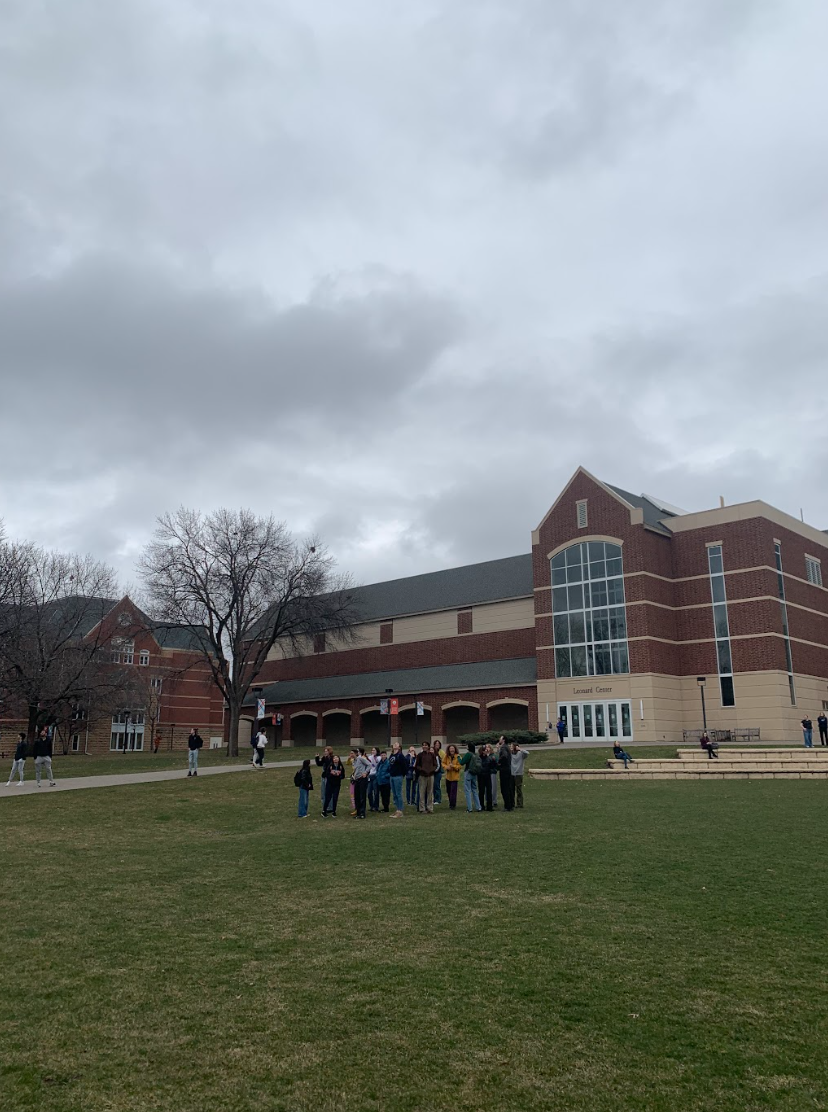
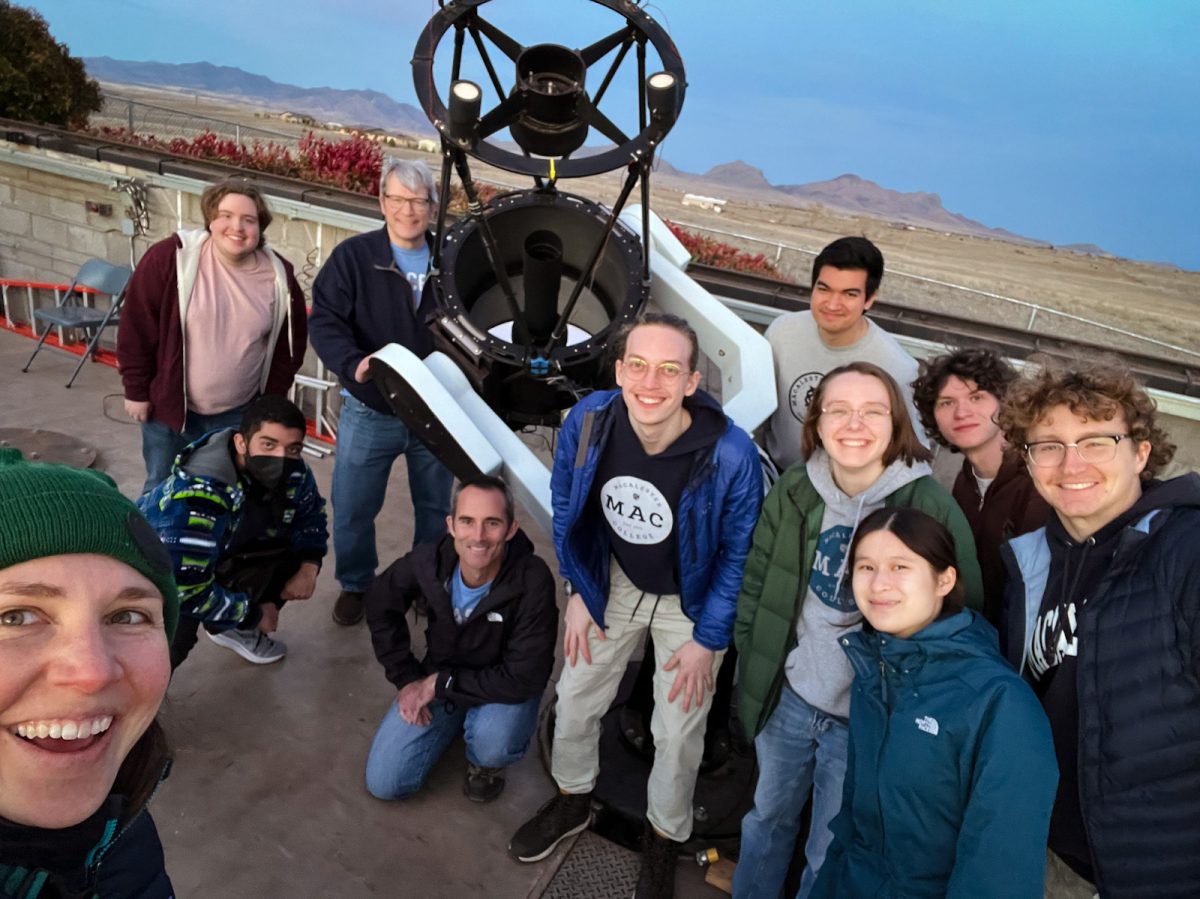

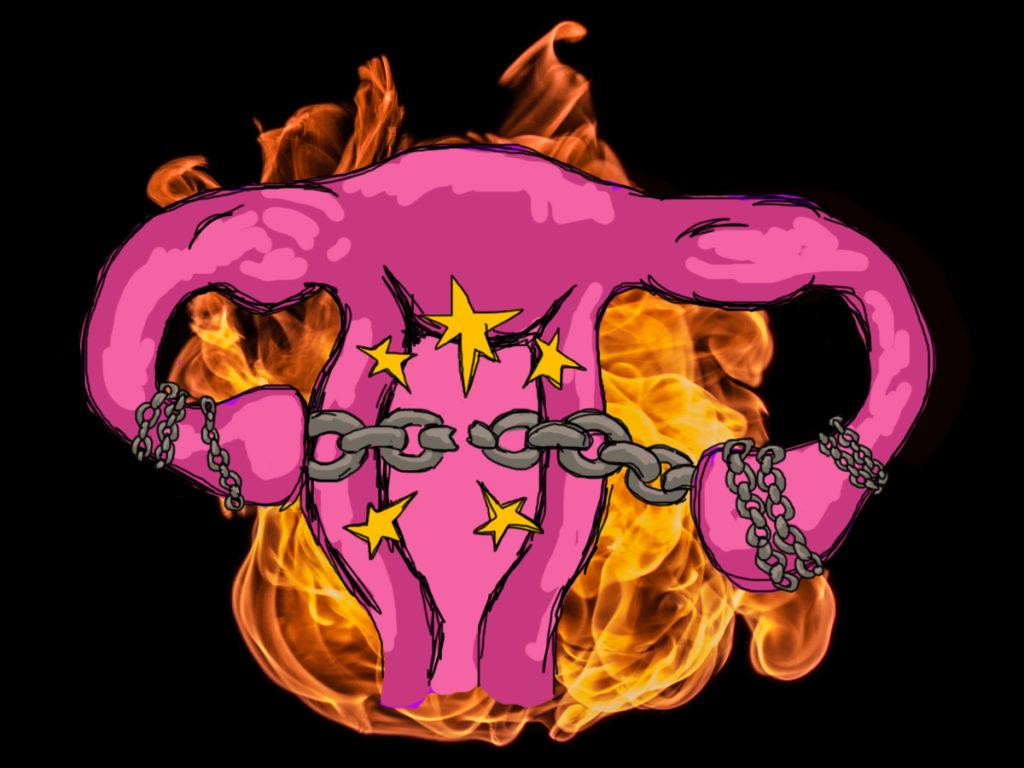
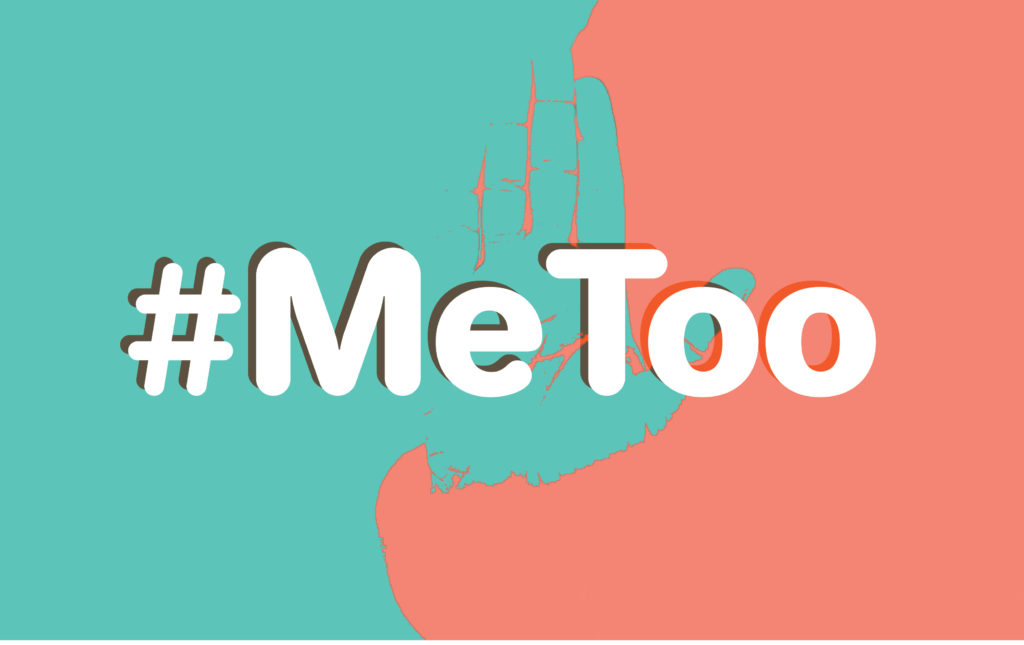
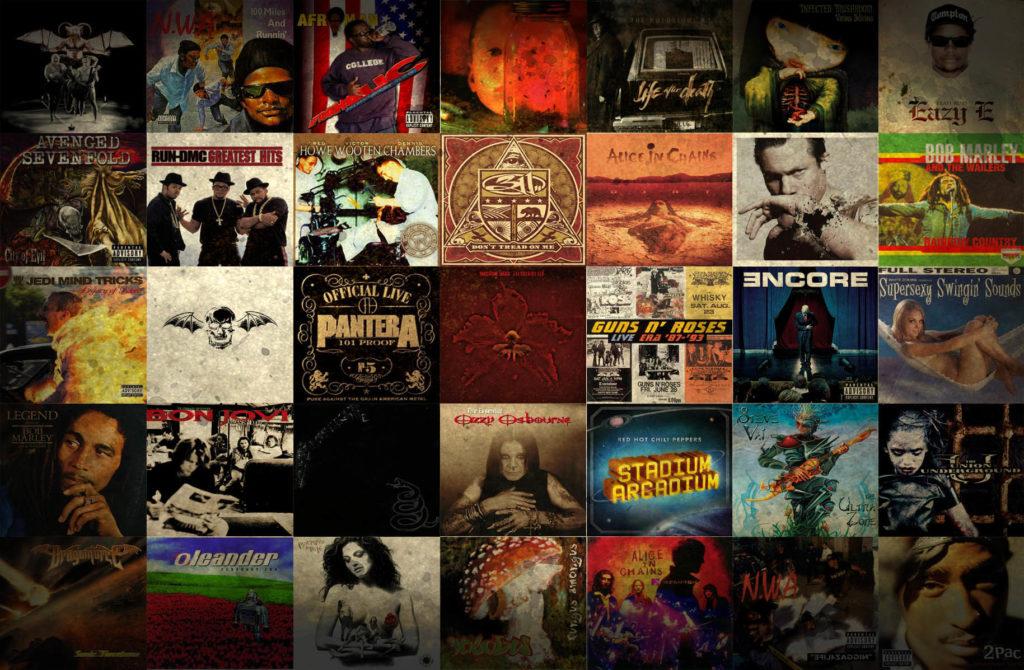
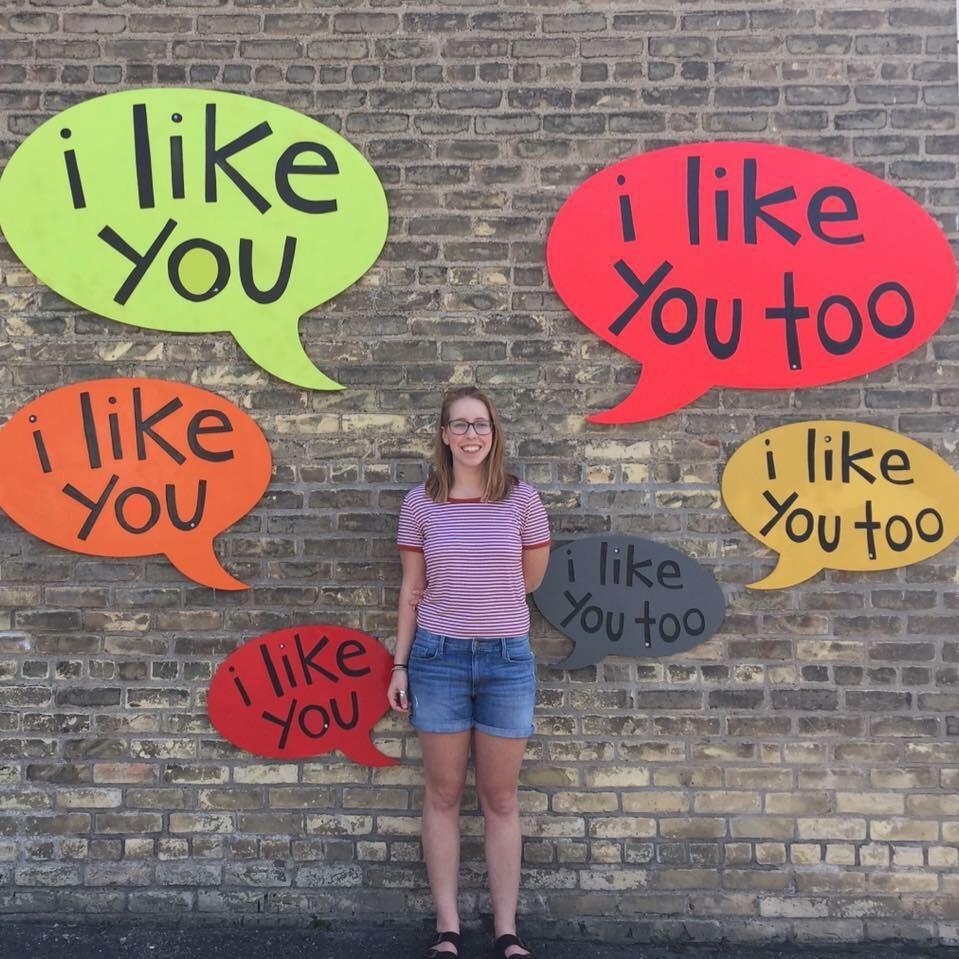
John Hunter • Sep 11, 2019 at 12:18 pm
Usually I do not read post on blogs, but I would like to say that this write-up very forced me to try and do it! Your writing style has been amazed me. Thanks, very nice post.
Adam Rutherford • Sep 10, 2019 at 6:46 am
Thanks for your post on the vacation industry. I’d also like contribute that if you are a senior considering traveling, it’s absolutely crucial to buy traveling insurance for golden-agers. When traveling, seniors are at high risk of getting a professional medical emergency. Obtaining the right insurance policy package on your age group can look after your health and provide peace of mind.
Neil Ferguson • Sep 5, 2019 at 8:10 pm
Perfect just what I was looking for! .